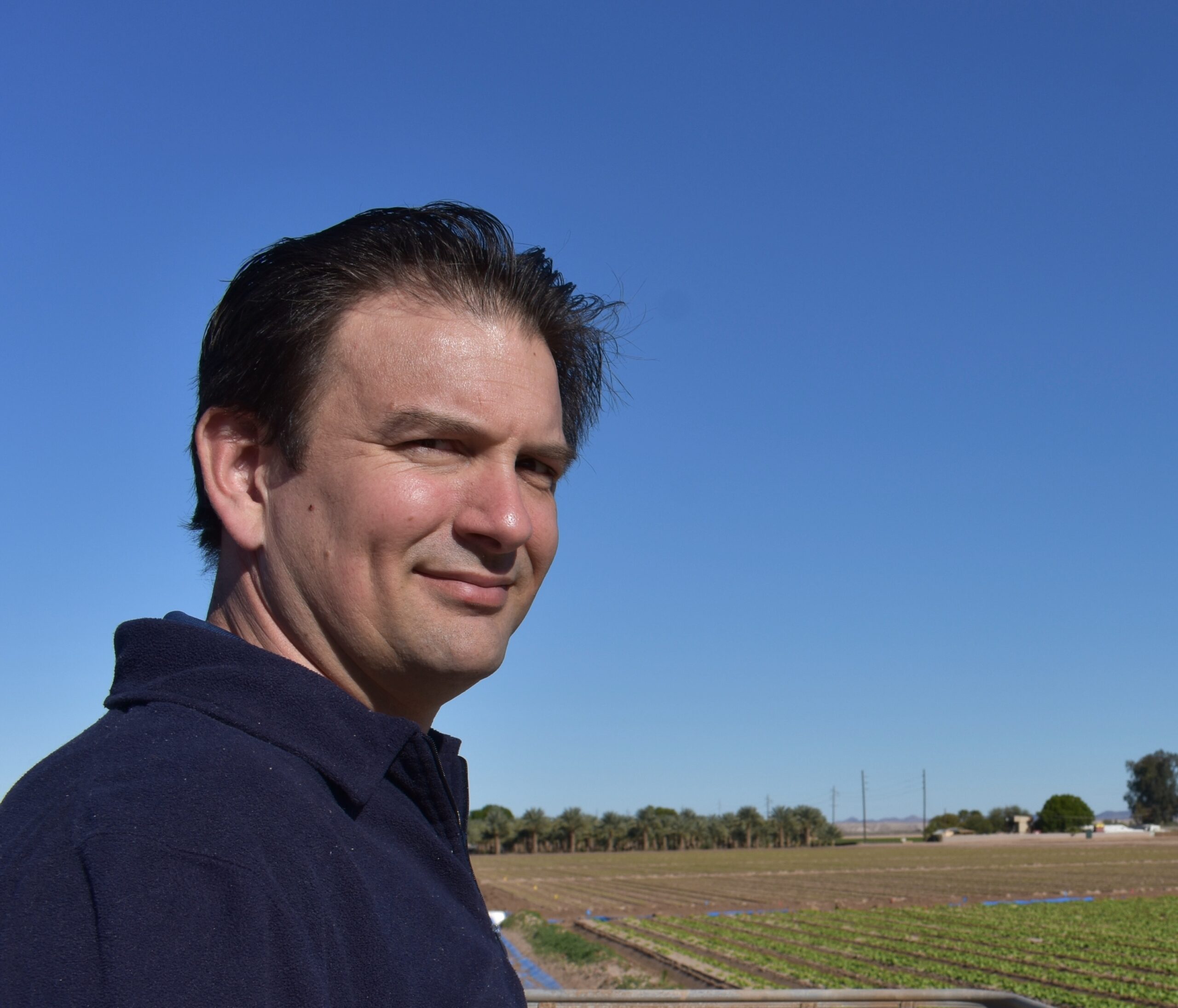UC Davis Nematologist: New Targets for Development of Nematode-Resistant Crops
By Kathy Keatley Garvey, UC Davis
Newly published work by an international team of researchers, including lead author UC Davis nematologist Shahid Siddique, may result in new targets for the future development of nematode-resistant crops.
The open-access journal Nature Communications, published the peer-reviewed research Oct. 19.
“Plant-parasitic nematodes are a threat to crop production,” said Siddique, an assistant professor in the UC Davis Department of Entomology and Nematology. “We used a combination of genomic, genetic, and biochemical approaches to show that the plant pathogen cyst nematode possesses an incomplete vitamin B5 synthesis pathway, of potential prokaryotic origin, which is complemented by its plant host. This approach has identified new targets for future development of nematode-resistant crops.”
The 33-member research team included scientists from universities in Germany, France, The Netherlands, Poland, and the United Kingdom, as well as scientists from three universities in the United States: Iowa State University, Ames; and the University of Tennessee, Knoxville; and UC Davis.
The article is titled “The Genome and Lifestage-Specific Transcriptomes of a Plant-Parasitic Nematode and its Host Reveal Susceptibility Genes Involved in Trans-Kingdom Synthesis of Vitamin B5.”
“The scarcity of classical resistance genes highlights a pressing need to find new ways to develop nematode-resistant germplasm,” the scientists wrote in their abstract. “Here, we sequence and assemble a high-quality phased genome of the model cyst nematode Heterodera schachtii to provide a platform for the first system-wide dual analysis of host and parasite gene expression over time, covering all major parasitism stages. Analysis of the hologenome of the plant nematode infection site identified metabolic pathways that were incomplete in the parasite but complemented by the host. Using a combination of bioinformatic, genetic, and biochemical approaches, we show that a highly atypical completion of vitamin B5 biosynthesis by the parasitic animal, putatively enabled by a horizontal gene transfer from a bacterium, is required for full pathogenicity. Knockout of either plant encoded or now nematode-encoded steps in the pathway significantly reduces parasitic success. Our experiments establish a reference for cyst nematodes, further our understanding of the evolution of plant parasitism by nematodes, and show that congruent differential expression of metabolic pathways in the infection hologenome represents a new way to find nematode susceptibility genes. The approach identifies genome-editing-amenable targets for future development of nematode-resistant crops.”
Corresponding authors are Florian Grundler of the Rheinische Friedrich-Wilhelms-University of Bonn, Germany, and Sebastian Eves-van den Akker of the Crop Science Centre, Department of Plant Sciences, University of Cambridge, UK.











